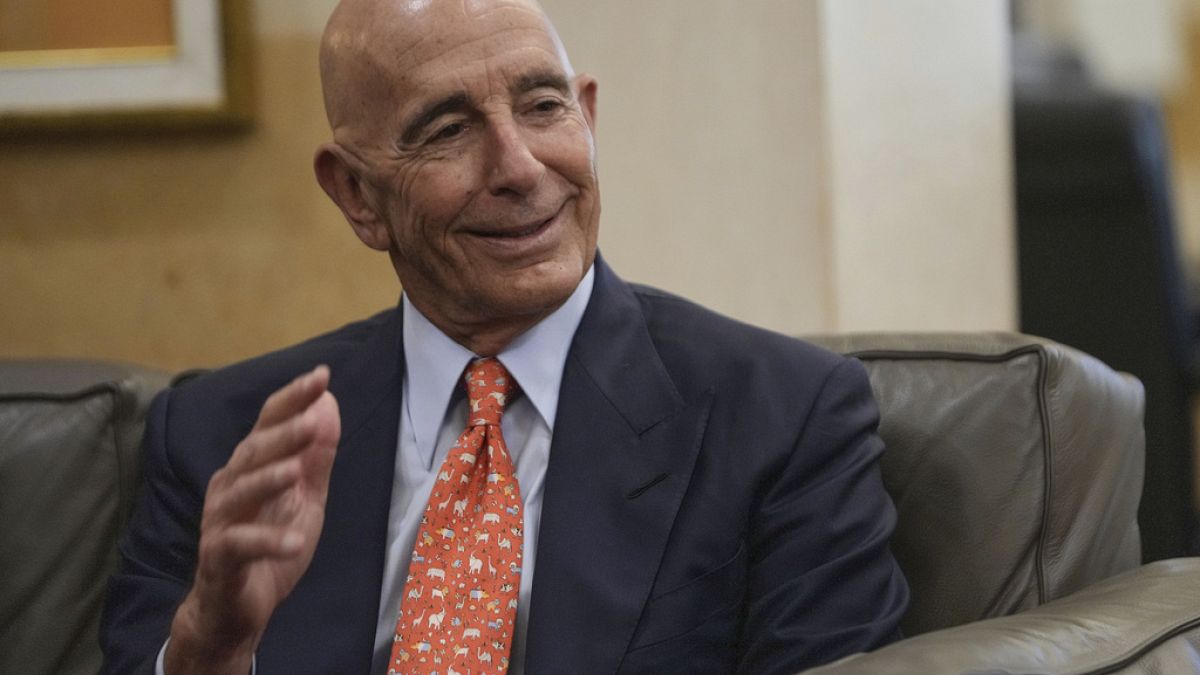

In a whirlwind of diplomatic endeavors and military dilemmas, the Middle East and parts of Europe are witnessing significant developments that underscore the delicate balance of peace and conflict in international relations. This week, heightened tensions and calls for resolution have characterized the geopolitical landscape, prompting international voices to seek pathways for peace and collaboration.
US Ambassador to the Republic of Türkiye, Thomas Barrack, recently highlighted the evolving dynamics in the Middle East. He noted that the ongoing conflict between Iran and Israel has inadvertently opened new dialogues between Israel and Syria. While tension remains high, these behind-the-scenes discussions bring hope for potential peaceful resolutions, contributing to broader stabilization efforts across the region.
Amidst these changes, former US President Donald Trump has renewed calls for a ceasefire in Gaza, urging for immediate negotiations. The backdrop to this development is Israel’s recent order for mass evacuations in northern Gaza, aiming to expand its military operations. Trump’s call comes in the aftermath of a conflict involving Iran, seeking to leverage the cessation of hostilities to pave the way for a broader ceasefire agreement, emphasizing diplomatic dialogue over military engagement.
Simultaneously, Iran has expressed skepticism regarding Israel’s commitment to maintaining a ceasefire, citing recent airstrikes and ongoing military actions that have further strained relations. Iran’s armed forces have voiced readiness to respond decisively if provoked, reflecting the tension that still grips this volatile area, yet hopes linger for diplomatic interventions that could alleviate hostilities.
The humanitarian impact of this unrest is palpable, as reports from Gaza indicate casualties and displacement exacerbated by continued attacks. Hope remains as international observers, including civic leaders and organizations, continue to advocate for peaceful resolutions and humanitarian support. Despite the ongoing volatility, many hold on to the potential for negotiations and peace-building that could reshape the troubled region.
In Europe, a moment of positive diplomatic recognition occurred when Ukrainian President Volodymyr Zelenskyy awarded Polish President Andrzej Duda the Order of Freedom during a surprise visit to Kyiv. This accolade was a gesture of gratitude for Duda’s significant contributions to strengthening Ukrainian-Polish relations and support amid ongoing challenges faced by Ukraine. This recognition signifies a moment of unity and shared commitment to fostering cooperative international relationships that transcend regional borders.
Each of these developments reflects the nuanced and often intricate diplomacy required to address both long-standing tensions and new opportunities for peacemaking. As international leaders strive to navigate these complexities, the focus remains on building enduring peace and fostering international cooperation. Through dialogues and deeds, the hope is to transform conflict into collaboration, bridging divides and nurturing stability.
Source: {link}
